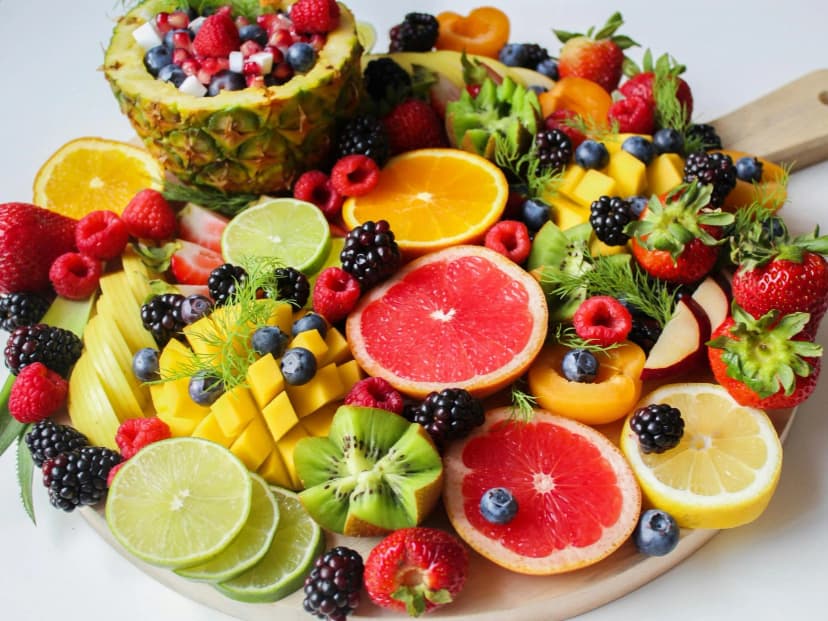Latest Articles

Fruit Sugar Facts: What You Need to Know
Fruit contains natural sugars such as fructose, glucose, and sucrose. These sugars provide energy and sweetness, but their impact on health depends on the type and amount consumed. Unlike added sugars, fruit sugars come with fiber, vitamins, and antioxidants. Eating whole fruits is generally healthy, but moderation is key, especially for people with diabetes or those watching their sugar intake. Learn how to balance fruit in your diet for optimal health!
Read
Top 10 Low-Sugar Fruits for a Healthy Diet
Looking to reduce your sugar intake? Some fruits are naturally lower in sugar and perfect for a healthy diet. Top choices include strawberries, blackberries, raspberries, kiwi, grapefruit, watermelon, cantaloupe, peaches, oranges, and avocados. These fruits are not only delicious but also packed with nutrients and fiber. Discover how to incorporate more low-sugar fruits into your daily meals and snacks!
Read
Understanding the Glycemic Index of Fruits
The glycemic index (GI) measures how quickly foods raise blood sugar levels. Most fruits have a low to moderate GI, making them suitable for most diets. Apples, pears, cherries, and oranges have a low GI, while watermelon and pineapple are higher. Learn how to use the GI to make smarter fruit choices, especially if you are managing diabetes or blood sugar levels.
Read
Fruit Sugar vs. Added Sugar: What’s the Difference?
Not all sugars are created equal. Fruit sugar (fructose) is naturally present in whole fruits, while added sugars are put into foods during processing. Whole fruits provide fiber, water, and nutrients that slow sugar absorption, making them a healthy choice. In contrast, added sugars in sodas, candies, and baked goods can lead to weight gain and health issues. Learn why fruit sugar is different and how to spot added sugars in your diet.
Read